Editor's note
|
|
Severe floods triggered by Tropical Cyclone Idai have swept across the south and east of Africa, affecting Mozambique, Zimbabwe and Malawi. In Malawi alone more than 50 people have been killed and about a million people have been affected. Rainfall in the country is erratic and variable, which means that floods aren’t uncommon. Invariably this means disaster for vulnerable communities because there are no early warning systems in place and because they don’t have proper infrastructure. But there are solutions, as Robert Šakić Trogrlić explains.
New research has shown that the portion of Zimbabwe’s irrigated land overseen by the country’s informal irrigation industry is much wider than initially thought. The country’s small-scale farmers irrigate more land compared to the formal irrigation schemes at provincial level. Ian Scoones explains why this suggests that the approaches used by small-scale farmers can lead to much more expansive irrigation projects.
|
Moina Spooner
Commissioning Editor: East Africa
|

|
|
Top stories
|
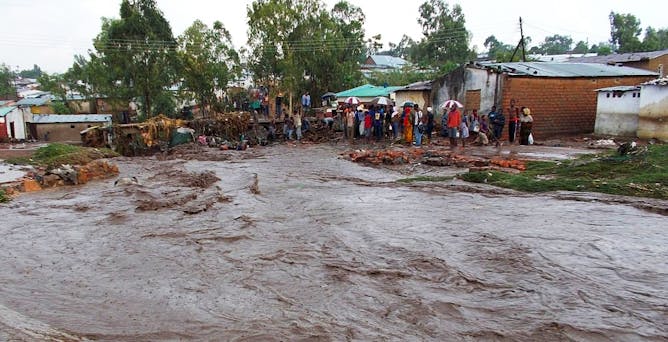
Torrential rains in Malawi have caused dozens of deaths.
Arjan van de Merwe/UNDP/Flickr
Robert Šakić Trogrlić, Heriot-Watt University
High poverty levels mean people lack access to land and work and they are often driven to settle in zones that are exposed to natural hazards.
|
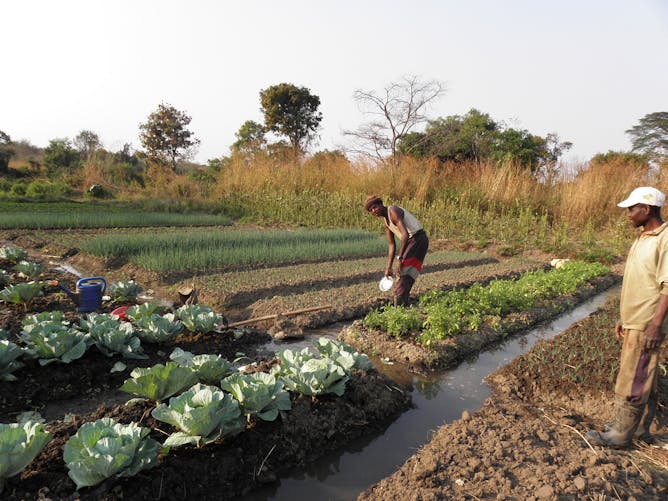
Farmer-led irrigation comes in many different shapes and forms.
Remi Nono-Womdim/Flickr
Ian Scoones, University of Sussex
The green revolution: small-scale, informal irrigation is expanding in Zimbabwe and small scale farmers are leading the way.
|
Politics + Society
|
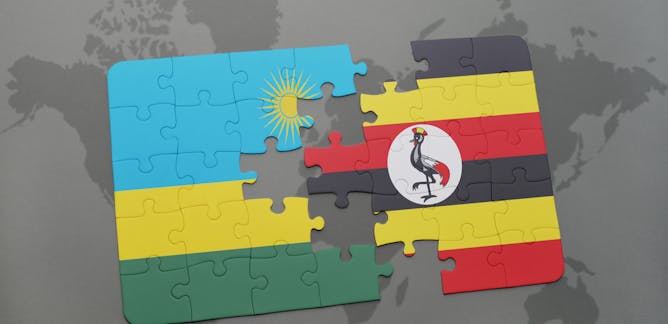
Jonathan Beloff, SOAS, University of London
The concept of 'agaciro' is central to how Rwanda engages with the international community and promotes its state interests.
| |

Pau Baizán, Universitat Pompeu Fabra
A crucial resource in enabling migration is having some personal link to current migrants.
|
|
|
Science + Technology
|

Amanda Mphahlele, University of Johannesburg; Sioux McKenna, Rhodes University
These programmes allow institutions to claim they're doing something without really tackling the issues that lead students to plagiarise.
| |

Daniel Kwasi Adjekum, University of North Dakota
The inquiries can take months of painstaking work, but often yield important insights that improve flight safety for everyone long into the future.
|
|
|
Podcast
|

Ozayr Patel, The Conversation
It's increasingly difficult to manage diseases in inner cities.
| |

Ozayr Patel, The Conversation
Why it's important South Africa doesn't ignore sexually transmitted infections.
|
|
|
From our international editions
|

Rachael Sharman, University of the Sunshine Coast
Many teenagers may have seen the live footage of the Christchurch shooting. Here are some ways parents and teachers can help them process it.
| |

Alexi Drew, King's College London
Fake news doesn't respect borders so working together is the only option.
|

Daniel Kwasi Adjekum, University of North Dakota
The inquiries can take months of painstaking work, but often yield important insights that improve flight safety for everyone long into the future.
| |

Shinsuke Shimojo, California Institute of Technology; Daw-An Wu, California Institute of Technology; Joseph Kirschvink, California Institute of Technology
Your brain's sensory talents go way beyond those traditional five senses. A team of geoscientists and neurobiologists explored how the human brain monitors and responds to magnetic fields.
|
|
|
En français
|
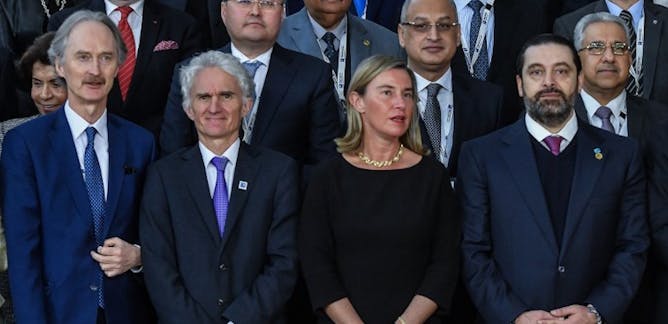
Raphaël Gourrada, Collège de France
Le Liban peut-il sortir le pays du marasme politique dans lequel il végète depuis bientôt un an? L'influence de la Syrie - qu'il s'agisse du poids des réfugiés ou du gouvernement de Damas - pèse.
| |
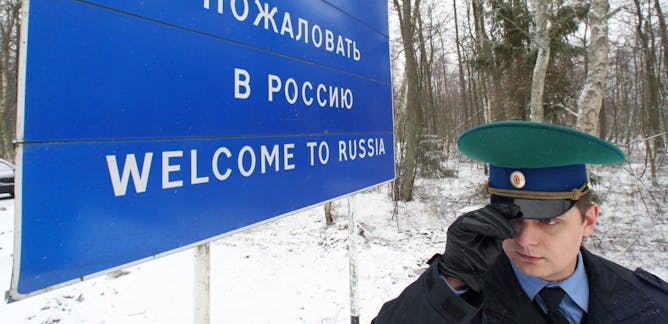
Francesca Musiani, Sorbonne Université; Benjamin Loveluck, Télécom ParisTech – Institut Mines-Télécom, Université Paris-Saclay; Françoise Daucé, École des hautes études en sciences sociales (EHESS); Ksenia Ermoshina, Centre national de la recherche scientifique (CNRS)
Le pouvoir russe aimerait s’affranchir du réseau mondial d’Internet pour affirmer sa souveraineté numérique. Une volonté d’isolation qui suscite scepticisme technique et inquiétudes politiques.
|
|
|
| |
| |
| |
| |
Would you like to republish any of these articles?
|
|
It’s free to republish, here are the guidelines.
Contact us on africa-republish@theconversation.com in case you need assistance.
|
| |
| |
| |
| |
|
|